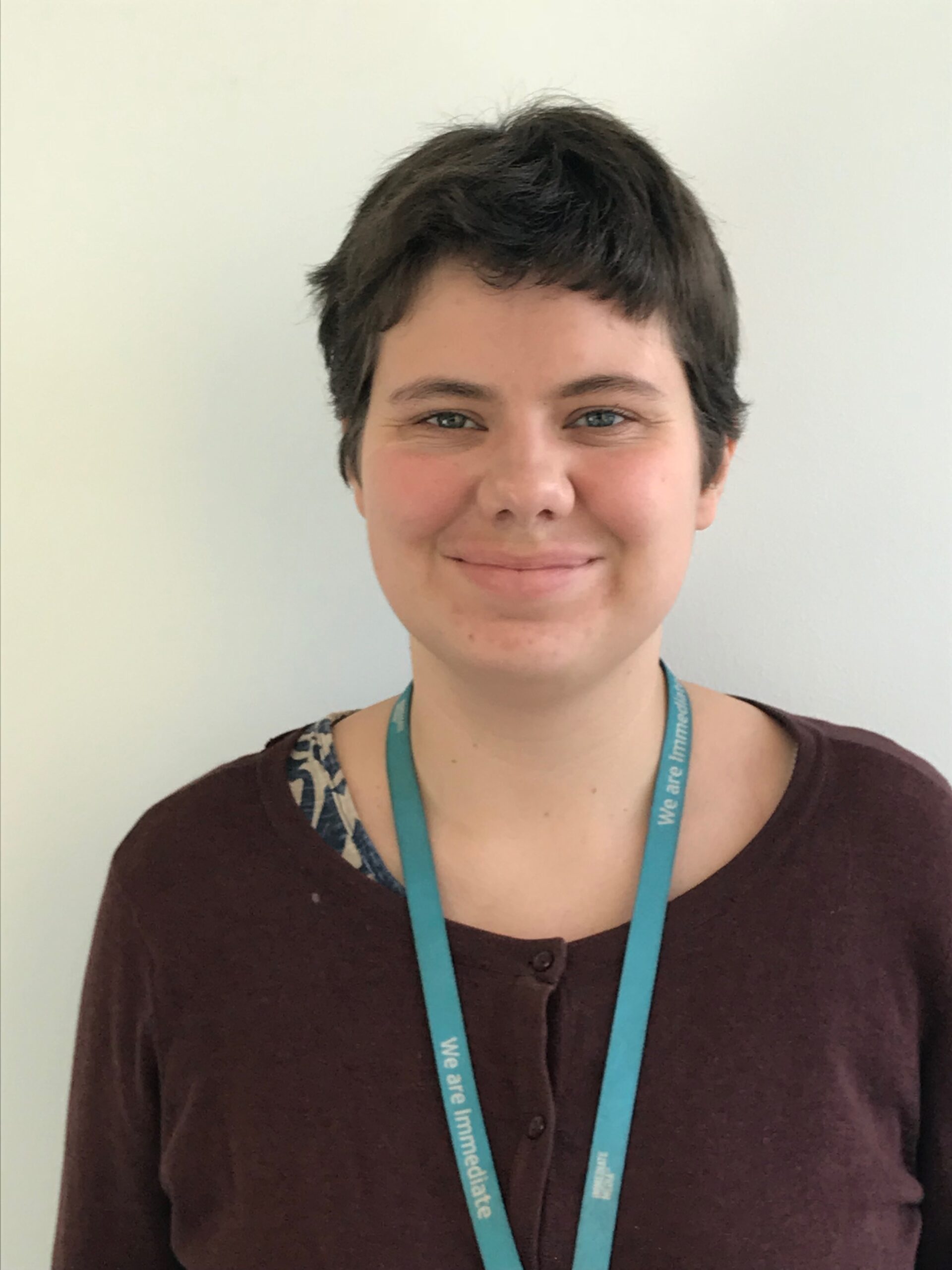Dame Jessica Ennis-Hill says at the start of her episode of Who Do You Think You Are? that she owes her incredible athletic success, including winning a gold medal in the 2012 Olympic heptathlon, to lifelong determination and hard work. But where did those qualities come from?
“I just wanted to be the best I could be, and that was something that was instilled in me from a young age,” she says. “I think to understand what my ancestors have been through, and the challenges that they’ve faced – whether there was something that fed down to me to help me get to the top of my game would be really interesting to find out.”
To start her journey, Jessica visits her maternal grandparents, Rodney and Margaret. They reminisce about Jessica’s great grandfather Jonathan ‘Jack’ Powell, who Jessica remembers. Rodney shows her an old photograph of Jack with his father William and his sister, ‘Little Maud’. But they don’t know anything about Jack’s mother, Emily Maud Powell, also known as Maud.
“One day William took Jack and Maud out for a walk,” Rodney says, “and when they came back, they met their mum coming down the street with a staircase. She just kissed him and he never saw her again.”
Jessica’s keen to find out what happened to William's mother. She goes to Sheffield City Archives, where she meets historian Dr Jennifer Aston. Jennifer tells Jessica that records from 1919 show that Maud brought a complaint against William for assaulting her. She then withdrew the complaint in exchange for William paying maintenance money to her. This was essentially the closest thing to a divorce that was legally available to poorer couples at the time. However, Maud would have had to leave her children with William.
Maud was then admitted that year to South Yorkshire Asylum. She is described in the asylum records as suffering from ‘delusions’. It’s not known if her children were ever told what happened to her. Worse, her daughter Maud died in 1924 at the age of 11.
Maud stayed in the asylum until 1944, when she was transferred to Storthes Hall Hospital. Jessica visits the building to meet historian Stephen Taylor. He tells her that Maud lived at the hospital until her death in 1970. Although it aimed to be a good community for patients, as Jessica says, it’s sad that Maud lived unknown by her family, “like she didn’t exist”. But Jessica says she’s glad her great grandfather was able to cope with the loss of his mother: “From what I saw and the person he was, he dealt with it, and he created his own future, and that’s really amazing.”
Next, Jessica wants to find out more about her father’s side of the family. Jessica and her father Vinnie return to Jamaica, which Vinnie moved from as a child in 1963. They have a big reunion with Vinnie’s family, and Jessica meets her great aunt Edna. Edna tells her that her family, the Thomases, owned a lot of land.
To find out how they came to own it, Jessica meets historian Dr Shani Roper. Shani shows Jessica her 3x great grandfather George MacLeod White’s will, which reveals that he left the land to his son.
On George’s 1880 marriage record, his father is named as George Thomas White. George White Senior died in 1879. His death record gives his age as 90 and his profession as cooper, or barrel maker. Shani also has a baptism record for George White from 1823, which reveals that he was enslaved on Water Mount estate, a sugar plantation.
Jessica meets historian Dr Suzanne Francis-Brown, who tells her that as a cooper, George would have been needed to make barrels for the rum produced on the estate. George cannot be found in the estate’s records, as it appears he took the name George Thomas White when he was freed and was called by another name by his enslavers.
Slavery in the British Empire was abolished in 1833, but former enslaved people were made to work a further four to six years for their former enslavers as ‘apprentices’, working 40.5 hours per week. Some also worked additional hours for a small amount of money, known as ‘work for hire’. However, the workers on Water Mount refused to work in this way. Jessica says she’s proud to think that George might have been one of them.
“He was potentially one of those people that said ‘No, I’m not giving any more to this estate’”, she says. “Enough’s enough.”
Suzanne also tells Jessica that the land George bought was from Water Mount, which was broken up into parcels when it ran into financial trouble after the end of slavery. He was probably able to raise the money to purchase the land he was formerly enslaved on with his skills as a cooper.
“What he went through – I think that displays the most resilience and determination I’ve ever seen,” Jessica says.
Summing up what she’s learned, she says: “I think both my great great grandmother Maud and also George Thomas White, they both hadn’t got an identity essentially. Maud was a number, she was a patient on a ward, and she didn’t have a voice to speak. George Thomas White, he belonged to an establishment, to a place. They are tough circumstances to navigate yourself through. It’s been an incredible journey to uncover more about those two individuals. I think the overriding feeling that I’ve come away with is pride. It’s made me view our family and where we come from in a completely different light.”
